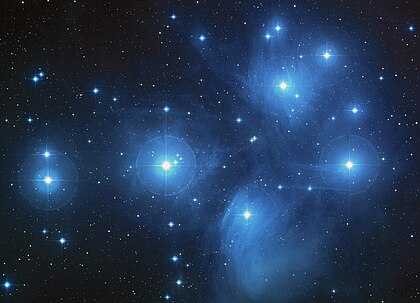News Blast by ENoCH @elENoCHle
Gab Post Link Image Link

Then it’s a coincidence because we did cross the galactic plane. It can be both.
Steve; IIRC when we crossed the galactic plane and lost the screening provided by the local Cloud (several molecules of H and dust per square yard) with the result that we have started to experience higher levels of Gamma and other radiation.
Odder solar cycles? More Volcanos and thunderstorms? Probably nothing really good.
The Solar System is located within a structure called the Local Bubble, a low-density region of the galactic interstellar medium.[5] Within this region is the Local Interstellar Cloud (LIC), an area of slightly higher hydrogen density. It is estimated that the Solar System entered the LIC within the past 10,000 years.[6] It is uncertain whether the Sun is still inside of the LIC or has already entered a transition zone between the LIC and the G cloud.[3][6][7] A recent analysis estimates the Sun will completely exit the LIC in no more than 1900 years.[8]
Vergiliea
Vergĭlĭae: ārum, f. vergo, I the constellation of the seven stars, that rises at the end of spring, the Pleiades, Cic. N. D. poët. 2, 44, 112; Auct. B. Afr. 47; Isid. Orig. 3, 70; cf. Fest. p. 372 Müll. >
https://en.wikipedia.org/wiki/Pleiades
The name of the Pleiades comes from Ancient Greek: Πλειάδες.[14] It probably derives from plein ("to sail") because of the cluster's importance in delimiting the sailing season in the Mediterranean Sea: "the season of navigation began with their heliacal rising".[15] However, in mythology the name was used for the Pleiades, seven divine sisters, the name supposedly deriving from that of their mother Pleione and effectively meaning "daughters of Pleione". In reality, the name of the star cluster almost certainly came first, and Pleione was invented to explain it.[16]

Good night!